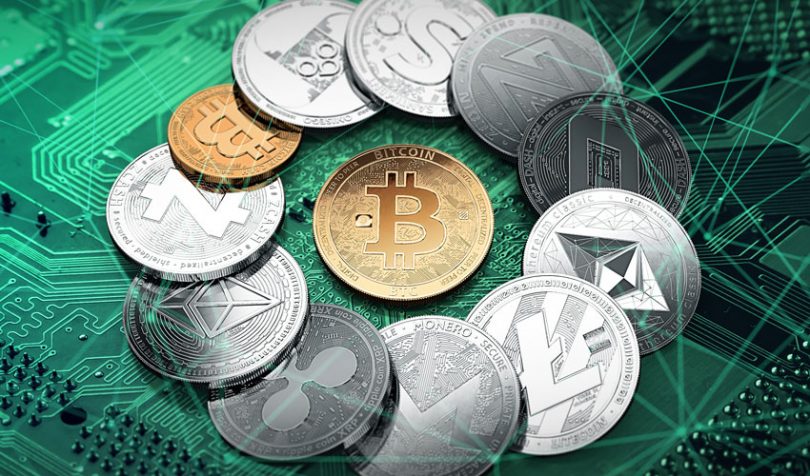Today the Digital Token Identifier Foundation launched its registry that provides unique identifiers, Digital Token Identifiers (DTIs), for native digital assets according to the ISO 24165 standard that’s expected to be published in Q3 2021.
Institutions are accustomed to using unique identifiers in other financial sectors such as securities (ISINs) and OTC derivatives (UPIs). This sort of reference data is used for price discovery, trading, custody and post-trade operations, including accounting. In other words, BTC and USDC don’t quite cut it. Their DTIs are 4H95J0R2X and CK9PW1MFH, respectively. And there will be a separate identifier for USDC on each different blockchain network.
Etrading Software, the company operating the DTI registry, also provides ISINs for OTC derivatives and is working on UPIs. It was nominated by the ISO working group as the Registration Authority and has been approved by the International Standards Organization (ISO).
“The purpose of the DTI is to address the demands of exchanges, custodians, financial institutions, and regulatory authorities for a registry and identifier assignment process for digital tokens, to mirror the use of ISINs and UPIs in the digital asset space,” said Sassan Danesh, Managing Partner of Etrading Software.
“DTIs will bring many benefits to users of this burgeoning asset-class, from improving liquidity, allowing for easier identification of counterparties, facilitating price discovery and improving the operational efficiency of post-trade processing. We are pleased with how the DTI is being received by industry.”
So what can have a DTI and what can’t? Firstly, the token has to be fungible, so no NFTs. Secondly, the digital asset has to use distributed ledger technology. That blockchain usage might be for issuance, storage, exchange, the ownership record, or transaction validation. And it does not apply to fiat currencies. However, it is relevant to stablecoins as some of the first to receive DTIs include the USDC and Tether stablecoins.
The draft standard states that “Where traditional financial instruments or currencies are tokenized for electronic exchange, and issued by a legal entity or a monetary authority responsible for it, other International Standards, such as ISO 6166 or ISO 4217 may apply.”
The DTI Foundation is a non-profit division of Etrading Software created to look after the golden source of DTI reference data. There will be an industry Product Advisory Council that provides input.
Initially, 100 tokens have been seeded to the registry, which is yet to fully launch.
“This new industry standard, when adopted by digital asset service providers, data providers, and regulators, will contribute, alongside the GDF Code of Conduct, to the mainstream adoption of digital assets in an orderly and standardized way,” said Lawrence Wintermeyer, Executive Co-Chair of Global Digital Finance (GDF).






